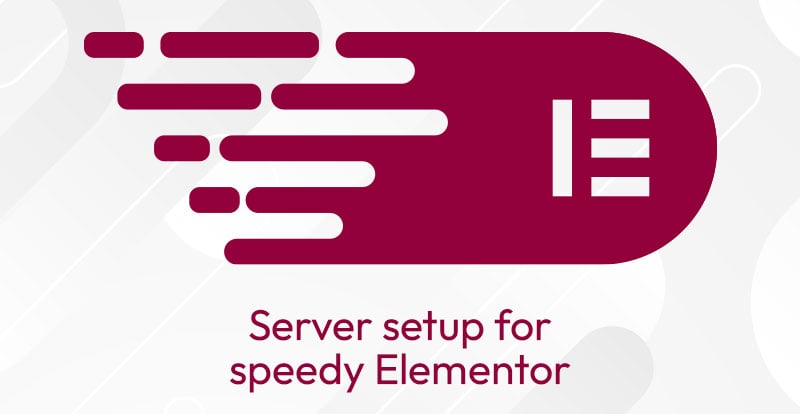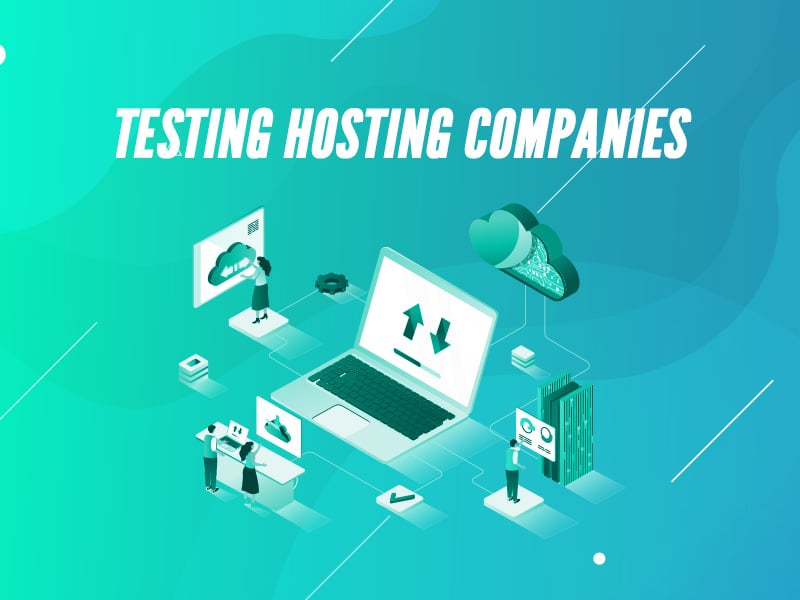There are a lot of fees and costs for running websites. You don’t just send GoDaddy or Wix a one-time payment and receive a permanently running website. Web hosting is a very specific service with lots of complex requirements and not all of those are baked into the basic price. Like almost every other industry, web hosts have been known to hide some of their more important tools or services behind additional fees. “Hidden fees” have been the consumer’s bane for decades and they’re still around.
Not every web host is going to be straight up about their costs, which is why I’ve written about a few web hosts you should stay away from, including GoDaddy. From backups to even basic levels of security, there could be several resources hidden behind a paywall, which could turn that attractive $9.99 monthly fee into an entirely different cost. Cheap web hosts aren’t just a quality issue, they’re a cost issue, but that doesn’t mean you're doomed to overly expensive or nefarious web hosts. Investing in a high-quality web host doesn’t always break the bank when they’re upfront about fees, costs, or even data limits.
Your website deserves a good web host. That means investing in quality while paying attention to the important details. Great features and tools don’t always have to be hidden behind another fee, so in this article, we’re going to break down why you need a good web host and how to identify a cheap one.
We make some damn good websites.
Hit Us UpThe Illusion of “Unlimited” Features
The truth about most “unlimited” marketing campaigns or promises is that they’re not actually unlimited. Many web hosts offer plans with “unlimited” bandwidth or data, but it’s similar to what we’ve experienced with smartphones—there’s always a catch.
Web hosts usually don’t know your exact storage needs or how many visitors you’ll get. With the potential for things to go viral quickly, your website’s data demands can skyrocket in no time. Some budget web hosts won’t handle the traffic surge, and your site could crash. Others handle it differently.
So, what does “unlimited” really mean? It depends on the package you chose. Even if it says “unlimited,” there’s usually fine print that reveals the actual limit.
And when you surpass those limits, guess what happens? Hidden fees start popping up. Most web hosts won’t let your site go down—they’d rather charge you more to increase your limits, often using tricky subscription clauses.
Be cautious of “unlimited” promises and make sure to research the data caps you actually need.
Performance Issues Due to Cheap Web Hosting
When you opt for a cheap web host, you're cutting corners, so expect them to cut corners too. They don’t charge much because they don’t offer much, which usually means slower speeds for your website. When clients tell us their website is slow, it’s often because of a bad web host.
I've moved many of our clients off hosts like GoDaddy. Customers don’t want to wait around for a website to load. A decade ago, users were more patient, but those days are over. If you've checked out web hosts, you’ve seen the $1 hosting options. I’ve had many clients complain about user issues only to find out they’re using the cheapest plans.
Downtimes are another common issue. No web host can promise complete uptime, but good ones can deliver about 99.9% uptime. If your web host has frequent downtimes, your brand and sales will suffer.
Almost every online industry is competitive. Why would a consumer wait for your site to load when they can go to another? Don’t leave users frustrated with slow hosting. Spend a little more for better performance and keep your business running smoothly.
The Security Risks of Cheap Hosting
The risks of a cheap web host don’t stop at the service itself. Shared hosting environments are the platforms on which most web hosts operate. Those environments don’t just contain your information and website, they contain every other website that the web host is currently hosting. Do you know who also has a tendency to use cheap web hosts? Scammers and spammers, especially when they know they can exploit that system.
If a scammer or hacker manages to affect your web host’s system they’re going to be able to do the same to your website. Their cyberattack could quickly spread to every website under that host’s umbrella, leaving you and your user’s data up for grabs. A lot of these attacks manifest through server issues. The smaller or cheaper the web host, the less likely they are to have properly configured servers. That’s a big green light for hackers who know how to exploit that issue which ultimately means every hosted website is just as vulnerable.
This could lead to login credentials or financial information leaking, different spam bots or viruses being uploaded to your website, data breach issues, or even different kinds of phishing. A large breach could even lead to a ransomware issue, where private information is literally held at ransom.
A good web host doesn’t mean you’ll never be exposed to breaches or hacks, but it does mean you’ll have the robust kind of security that’s actually designed to protect against them.
Key Features to Look For in Web Hosting
So now that you know many of the red flags to look out for it’s time to detail some of the green ones. There are dozens of reputable web hosts who want nothing more than to protect their client’s websites and the millions of users that access them. How do you know which one to choose though? Here are some key features to look for in your web hosts.
Reliability
A well-built system that provides consistent service at all times of the day.
Uptime Guarantees
Check the fine print when it comes to uptime coverage. There’s a big difference between 99.9% guarantees and 95%, so choose the one that keeps your website active!
Quality Customer Service & Support
The last thing you want is to be waiting hours for customer service to respond to a downtime ticket. Choose a web host who takes customer service as seriously as you do, with an active 24/7 Help Desk you can use to help your own customers.
Free SSL Certificates
You want your information and data to be as secure as possible, so look for SSL connections that encrypt your data and keep it out of the hands of hackers, spammers, and the like.
Diverse Security Features
Don’t just go for the bare-bones plans. You never know when you’ll need a unique feature like 2FA logins, so be on the lookout for unique security features offered by different web hosts.
Unlike your website, your web host is not technically a part of your brand. Your website is truly the focal point of your online presence, but your web host is the one that ensures that website stays up and running. It’s the service that provides the most security for your clients and it’s also the service that keeps them from virtual wait times. Every dollar counts, so make sure you’re spending it on vital services like good web hosting. Otherwise, your website, and your customers, are going to suffer.





